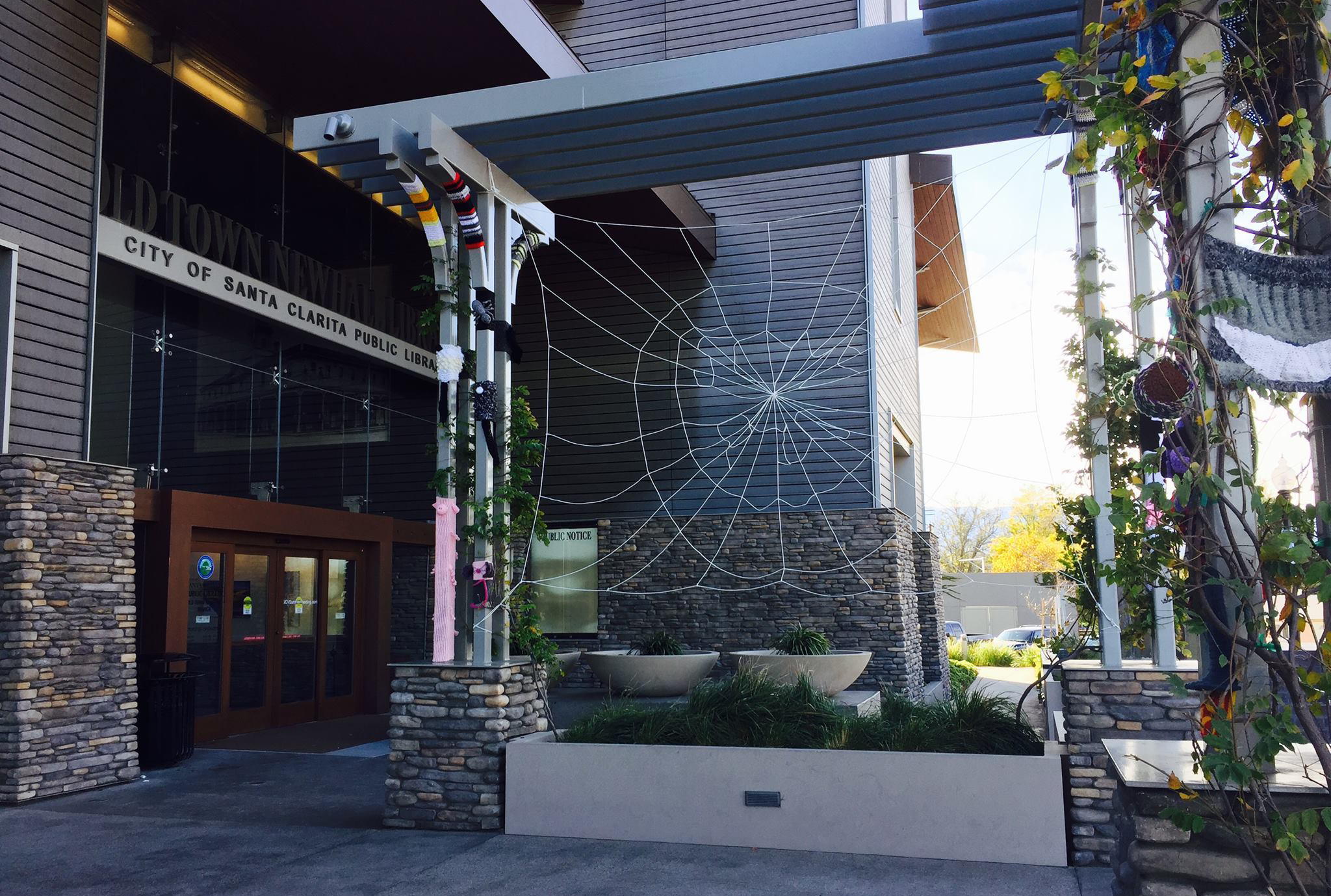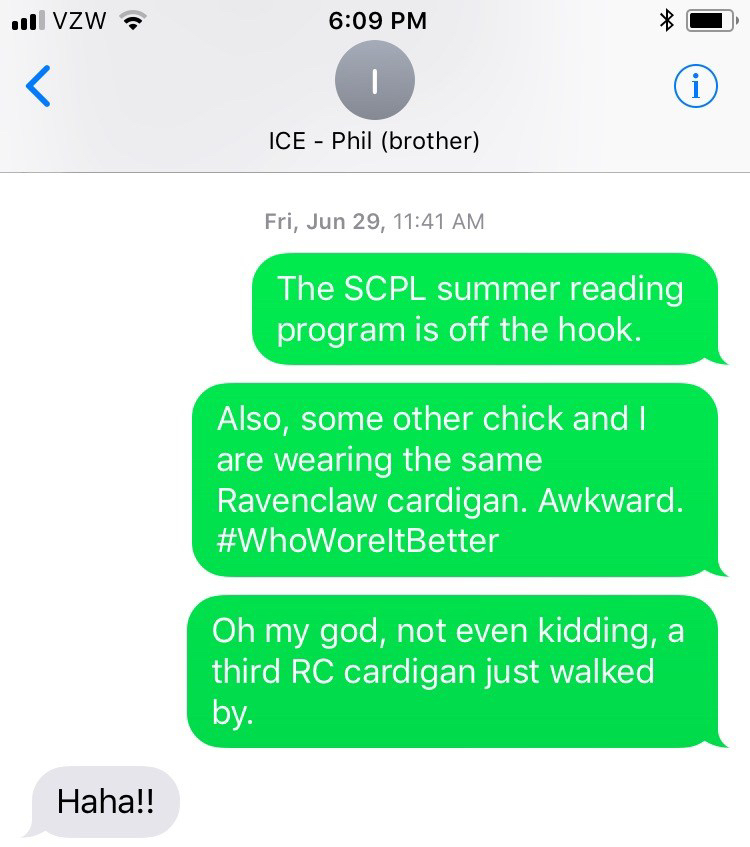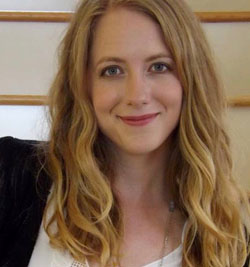
I give the Santa Clarita Public Library five stars. For the sake of transparency, I will acknowledge that I give all library systems five stars, sight unseen, because from access to information to access to air conditioning, libraries quietly and relentlessly pick up the slack where many of our other institutions fail us.
That said, the Santa Clarita Public Library is exceptional. Through SCPL, you can:
-Check out books and audiobooks for 21 days, DVDs and magazines for 7 days, all with up to 3 renewals.
-Access an extensive eLibrary that includes eBooks, downloadable music, resources for kids, career guidance, homework help, and journal articles.
-Find books in multiple languages.
-Bring your kids to storytime, including Toddler, School Readiness, and Bilingual storytime.
-Get help with your digital devices.
-Encourage your child to practice reading. Out loud. To a dog.
-Watch movies with your family.
-Play games with your family.
-Calm your raging soul with adult coloring.
And I left out about six billion other things. The Santa Clarita Public Library system consists of three branches. Old Town Newhall is the loveliest, and it has a fireplace, which does not get talked about as much as it should. I’ve never been to Canyon Country, but the pictures look nice. Valencia has a stellar staff and is my personal favorite, but there’s a lot of bias built into that ranking because I once worked at Valencia, so I think of it as the branch that belongs to me.
By “once worked,” I mean “last summer, for two months.” I left because I had a conflicting opportunity that would give me a leg up in my writing career.
![]() It still broke my heart to leave, though. That sounds hyperbolic and frankly a little weird, since I didn’t have time to connect very deeply with my coworkers and I had the lowest ranking job you can have at a library. On paper, it’s exactly the type of work situation you’re supposed to be able to leave without looking back. But I don’t know what to tell you. I loved it more than I meant to. When I told my friend Mike I had left, he said, “Already? Because you talked about it like you’d found your utopia.”
It still broke my heart to leave, though. That sounds hyperbolic and frankly a little weird, since I didn’t have time to connect very deeply with my coworkers and I had the lowest ranking job you can have at a library. On paper, it’s exactly the type of work situation you’re supposed to be able to leave without looking back. But I don’t know what to tell you. I loved it more than I meant to. When I told my friend Mike I had left, he said, “Already? Because you talked about it like you’d found your utopia.”
If I were, say, nineteen, I’d probably decide that my immediate attachment to the library indicated that my true calling was to become a librarian. But I’m not nineteen, and I’ve been through the routine of chasing a career path I only vaguely understand just because a quick brush with it brought me joy. I can tell you how that routine ends. It ends just like this: with me sitting criss-cross applesauce on a desk chair, drinking too much coffee too late at night and obsessively rearranging words until I’ve found the order that is the most true. I can’t stay away from this place . . . from writing. For one thing, it’s fun to tell stories. For another, I do most of my work with my brother, who is the best coworker I’ve ever had. For a third, writing fills me with joy and makes me feel complete. And fourthly, the world is pretty broken, and writing is an exercise in trying to put pieces back together, an activity governed by a uniquely humane set of rules.
Every villain must have a wound.
Every hero must have a flaw.
The protagonist has to change.
Whether I’m on the reading side or the writing side, story remains the most powerful force I know. Even when the most immediate goal is to entertain, the mere structure of a story arc challenges us to imagine new perspectives, see ourselves in the lives of strangers, and consider who we want to be by the time we reach our own resolution.
My childhood library was in a strip mall, wedged between Ben Franklin and Walmart. The entire thing was about the size of Valencia’s juvenile section alone. But in those early years, the Eureka branch of the SLPL held the most books I’d ever seen in one place, and a place that contains so much of what you love will inevitably become a place that belongs to you. Each visit ended with me clutching a stack of books to my chest, stepping out onto the tar-smelling parking lot, buckling my seatbelt fast so I could get a jump on reading during the five-minute drive home.
![]() I have no memory of not loving books, of not feeling fuller, safer, more grounded for being near them. So of course I was bound to enjoy my job at the library. Of course I loved processing transfers and holds, of course I loved sorting and alphabetizing, of course I loved signing kids up for library cards so they could walk out with their own tumbling stack of books.
I have no memory of not loving books, of not feeling fuller, safer, more grounded for being near them. So of course I was bound to enjoy my job at the library. Of course I loved processing transfers and holds, of course I loved sorting and alphabetizing, of course I loved signing kids up for library cards so they could walk out with their own tumbling stack of books.
And of course when I shelved, I slowed the book cart at the tail end of fiction, trailing my gaze along spines until I found the spot where (I choose to believe) the book with the “FIC WURDEMAN” label will go one day.
But these are all just reasons to enjoy the library. Not reasons to get attached.
I got attached because I had to sit through a three-day, library-wide orientation, and in the lines between sexual harrassment presentations and slideshows on cash handling, there was a central goal that kept coming up again and again and again.
Make it as easy as possible for people to use the library.
I know that sounds basic, but to be clear:
“People” means “all the people.” “All the people” means the library is one of the few places in our society where access is equal, no matter your where you were born or who your parents are or how much money you make or who you worship or how old you are or what your diagnosis is or who you love or whether other people find you to be pleasant company . . . the library belongs to you, and everything that happens behind the staff doors of the library happens with the goal of preserving that democratic standard.

If that seems like nothing, I invite you to make a librarian friend, buy them a drink, and ask to hear their craziest library stories. I had a pretty easy experience at the library, because I wasn’t there that long, I had no authority, and the people of Santa Clarita are generally pretty great. But if you listen to anyone who has a full-blown library career, you learn pretty quickly that making a diverse range of ideas available to all the people means fielding uncomfortable questions and being the bigger person when someone is having their Worst Day and directing all the pain of it at you. It means making challenging judgment calls when confronted with unpredictable behavior or personal harassment. It’s a job that requires stamina, social gymnastics, an indestructible sense of humor, and profound empathy. If it were easy to pull that off, every place would feel like a library, and every place doesn’t.
After you’ve heard all your new librarian friend’s best stories–and this is the really important part–ask them why this is the career they chose.
I’m not going to pretend I can answer that question; I didn’t choose it, and I’ll leave those who did to speak for themselves. I’ll just be here in my desk chair, toying around with words in my fumbling effort to explain how I felt sitting in my car after the first day of orientation, reading “The Freedom to Read Statement” I’d received in my orientation packet.
“The freedom to read is essential to our democracy . . . Most attempts at suppression rest on a denial of the fundamental premise of democracy: that the ordinary individual, by exercising critical judgment, will select the good and reject the bad. We trust Americans to recognize propaganda and misinformation, and to make their own decisions about what they read and believe. We do not believe they are prepared to sacrifice their heritage of a free press in order to be ‘protected’ against what others think may be bad for them.”
As Americans, we like to think of ourselves as courageous because we celebrate freedom of thought and refuse to ban ideas. And that’s all well and good, but we should also note that the greatest bad-assery comes from our cardigan-clad warriors who do the thankless work of ensuring that all people are truly free to access those ideas.
Leaving the library was hard because arriving at the library felt like joining a mission that has protected me, shaped me, and defined me . . . as a child library patron, as a free-thinking adult, as a member of a community, as a voter, and as someone who stays up late poking at letters, trying to find a meaningful way to talk about the wounds in our villains, the flaws in our heroes, the necessity of being a changeable protagonist.
![]() After my last shift at the library, I went to my brother’s house to write. I slipped my shoes off by the front door, and my two-year-old nephew launched himself at me, growling like a scary, scary dragon. He’s a small guy, still learning what the library is all about. He understands about bringing books home, then taking them back and finding new ones. He hasn’t mastered the library whisper yet, and he doesn’t quite have the attention span to sit and look at one book beginning to end when there are thousands of others competing for his attention.
After my last shift at the library, I went to my brother’s house to write. I slipped my shoes off by the front door, and my two-year-old nephew launched himself at me, growling like a scary, scary dragon. He’s a small guy, still learning what the library is all about. He understands about bringing books home, then taking them back and finding new ones. He hasn’t mastered the library whisper yet, and he doesn’t quite have the attention span to sit and look at one book beginning to end when there are thousands of others competing for his attention.
But the Santa Clarita Library lets him know in a dozen ways that the library already belongs to him. There are Dance Parties and Teddy Bear Sleepovers and Toddler Labs, and the Newhall branch even has a little side room with toys and board books so wiggly little kids like him can be exactly who they are and know that they belong here, now and forever, no matter how they change.
I watched my nephew dig through his toy bin, then looked mournfully at my brother. “I don’t work at the library anymore,” I told him, even though he already knew.
“Are you sad?” he asked.
“Oh my god,” I said, laughing at the surprise of it all, “I’m so sad.”
To get your Santa Clarita Public Library card, all you need is a photo ID (and proof of California address if the ID is out of state). For more information, you can check out the SCPL website, which features branch information, an event calendar, and access to your library account. Or you can just get information the old fashion way . . . by asking your local badass.
“We do not state these propositions in the comfortable belief that what people read is unimportant. We believe rather that what people read is deeply important; that ideas can be dangerous; but that the suppression of ideas is fatal to a democratic society. Freedom itself is a dangerous way of life, but it is ours.”
-The Freedom to Read Statement by American Library Association and Association of American Publishers
![]()
